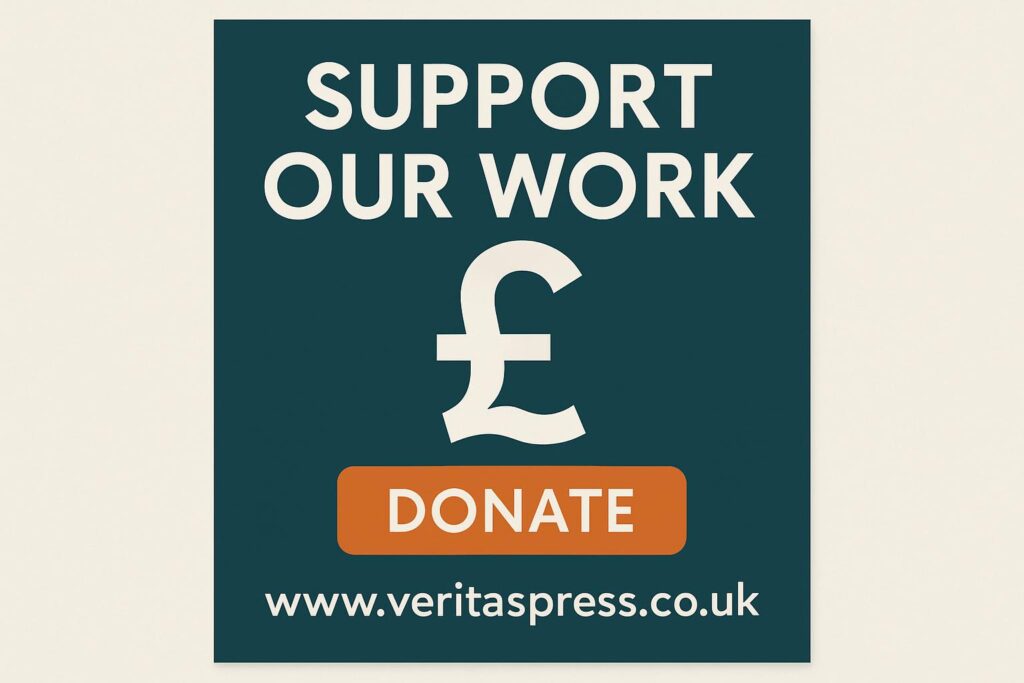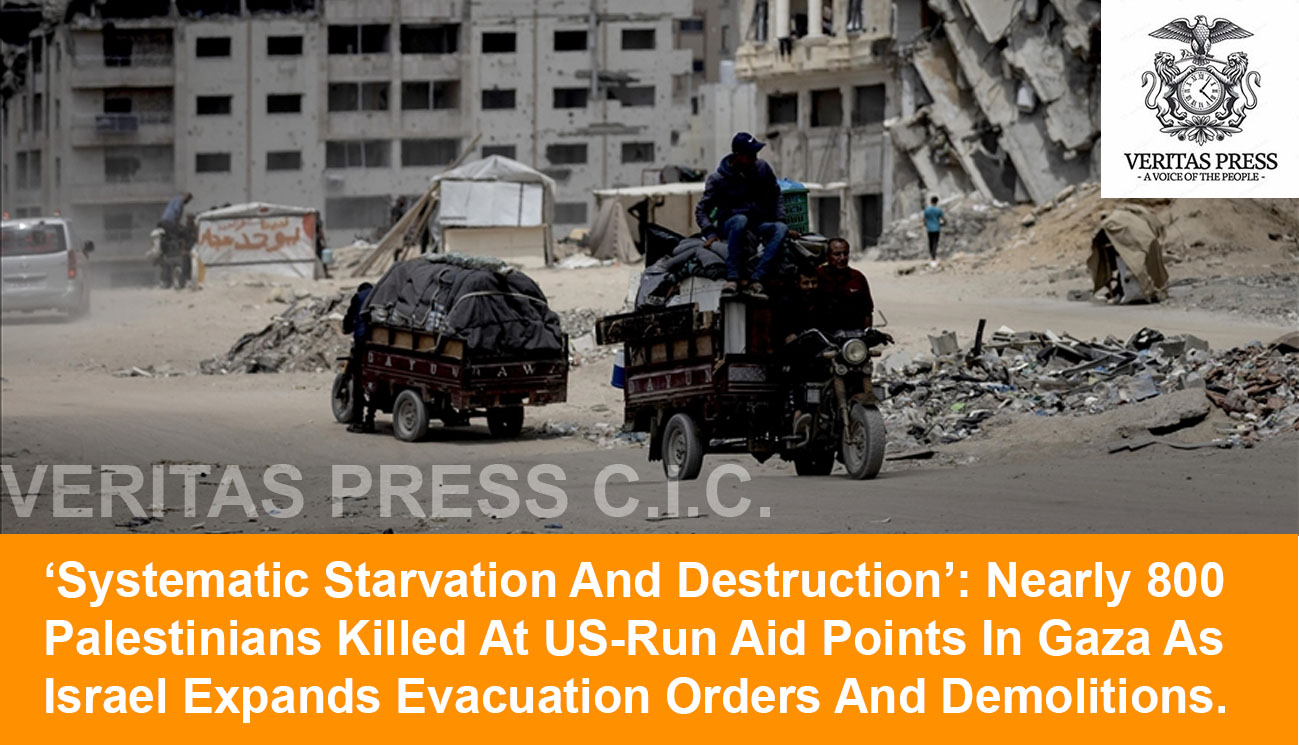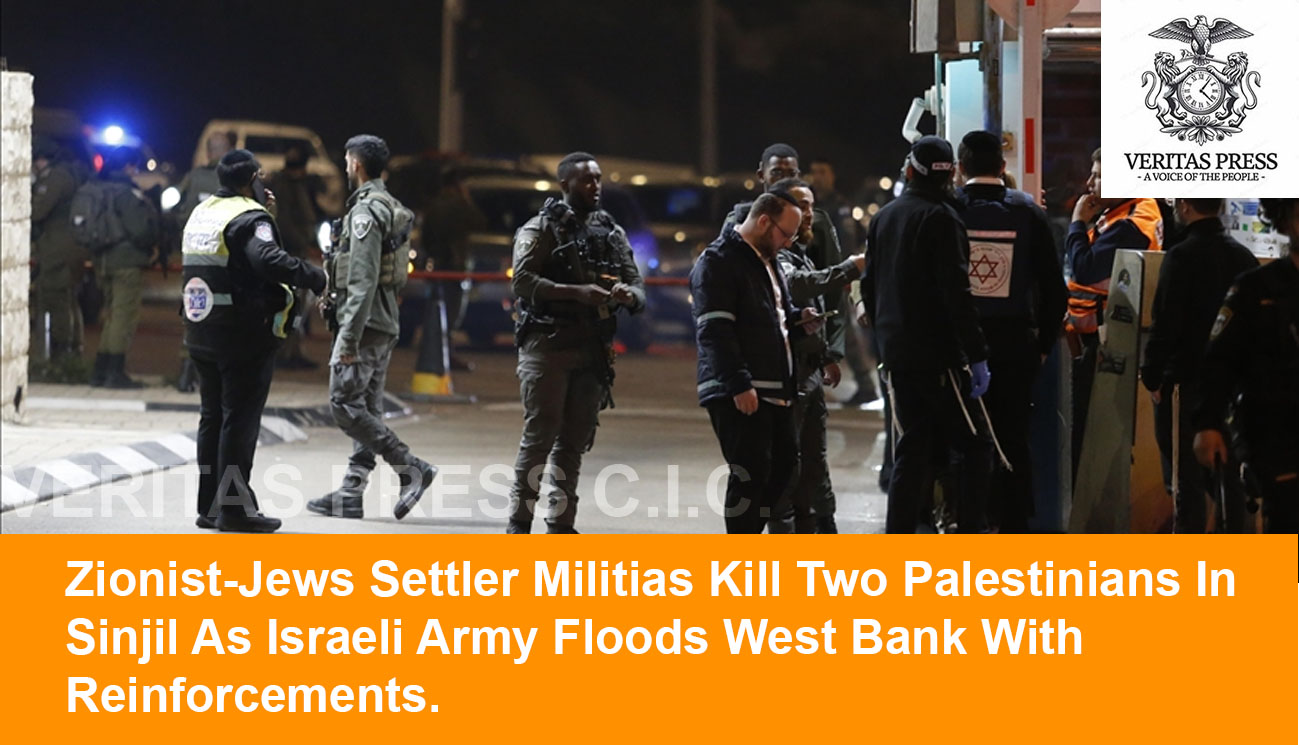Gaza Strip — Gaza is collapsing. The Israeli fuel blockade, tightened since March, has strangled hospitals, silenced water pumps, and paralysed civil defence units. Human rights groups warn this is not a crisis born of war, but a calculated form of siege warfare: deliberate, prolonged, and potentially genocidal.
Hospitals across Gaza are rapidly shutting down as fuel reserves vanish. According to the Health Ministry in Gaza, 22 out of 38 hospitals are no longer functioning. With remaining generators running dry, life-saving medical services are grinding to a halt.
“We’re witnessing the slow death of an entire health system,” said Dr. Marwan Al-Hams, Director of Field Hospitals in southern Gaza. “Without fuel, there is no surgery, no dialysis, no oxygen. This isn’t collateral damage, it’s annihilation by design.”
‘We’re Operating In The Dark’
At Al-Shifa, once Gaza’s flagship hospital, the emergency wards are pitch-black. Staff report using headlamps and phone torches during surgery. Newborns are crammed into shared incubators, if there’s power at all.
“I held a baby who died because we couldn’t keep the oxygen running,” a nurse told Middle East Eye, visibly shaken. “Do people understand what that means? We are watching them die in our arms.”
In Khan Younis, doctors at the Nasser Medical Complex report 3,000 litres of fuel left, enough for a single day. Staff are rationing electricity between surgical units and ICUs.
“We are past crisis mode,” hospital spokesperson Mohammed Sakr told Al Jazeera. “This is disaster medicine. And it is getting worse.”
Civil Defence On The Brink Of Collapse:
Gaza’s Civil Defence services, essential for pulling survivors from rubble after daily airstrikes, are virtually nonfunctional. Only one fire truck remains in the northern governorates, officials say. Emergency workers now use donkey carts, bikes, or their bare hands.
“We are completely abandoned,” said one rescuer in Jabalia, who asked not to be named. “The screams under the rubble haunt us; we can’t reach them in time.”
Footage reviewed by Al Jazeera shows neighbours digging with shovels after Israeli strikes flattened residential buildings. In one video, a man wails, “No ambulance, no bulldozer, nothing. Just us.”
Water Systems Collapsing: ‘A Public Health Time Bomb.’
The fuel crisis is also crippling Gaza’s water infrastructure. The Gaza Water Authority says water production has dropped by 70%. Entire neighbourhoods have no access to clean water. UNICEF reports that 44,000 children are at immediate risk of losing drinking water.
“This is environmental warfare,” said the Water Authority’s lead engineer, who requested anonymity for fear of reprisals. “Cholera, dysentery, hepatitis, they’re next.”
Hospitals are already reporting surges in acute watery diarrhoea and skin diseases, a direct result of the fuel-induced water collapse.
“We’re entering a public health nightmare,” said Save the Children’s regional director, Ahmad Alhendawi. “No fuel means no water, no sewage treatment, no sanitation. This is a deliberate attack on life.”
UN And Aid Agencies: ‘This Is Starvation As A Weapon.’
The UN’s Office for the Coordination of Humanitarian Affairs (OCHA) says Gaza needs at least 160,000 litres of fuel daily to maintain essential services. In the last month, Israel allowed in less than 75,000 litres, barely half of what’s needed per day.
“This is not a logistical failure, it’s a political decision,” said Sam Rose, director of planning for UNRWA. “This is the slow extermination of a population by blockade.”
UNICEF’s James Elder put it more bluntly:
“Gaza’s children are being murdered by thirst and infection, not just bombs. Fuel is not a bargaining chip. It’s the line between life and death.”
Legal Experts: Collective Punishment And Genocide.
Rights organisations say the blockade, combined with the destruction of health and aid infrastructure, amounts to war crimes under international law.
“Fuel has become a weapon of war,” said Raji Sourani, head of the Palestinian Centre for Human Rights. “And this siege meets the legal threshold for collective punishment, possibly genocide.”
Amnesty International and Human Rights Watch have both called Israel’s use of starvation and siege tactics a violation of the Fourth Geneva Convention. In a recent joint statement, they warned that “intentional deprivation of the means of survival” constitutes a crime against humanity.
“We are watching the systematic erasure of civilian life,” said Amnesty’s Middle East researcher Heba Morayef. “This cannot be justified under any military necessity.”
A Manufactured Collapse Amid Ceasefire Talks:
Observers note that fuel is being withheld even as ceasefire negotiations continue. Analysts say Israel is using aid as leverage, punishing Gaza’s population in pursuit of political gains.
“Children’s lives are being traded for terms on paper,” said Alhendawi. “Fuel access is non-negotiable. Every hour of delay costs more lives.”
Death Toll Soars, Silence Deepens:
Since October 2023, more than 100,000 Palestinians have been killed in Gaza, according to the Ministry of Health, most of them women and children. The civilian death toll from Israel’s military campaign has drawn global condemnation, but action remains absent.
“This is no longer retaliation. It’s extermination by siege,” a senior UN official told The Guardian, requesting anonymity. “And the world is watching, complicit through silence.”
Back in Gaza, the last of the generators is going dark. Water is drying up. Emergency rooms have become morgues.
“We are running out of time,” said Dr. Al-Hams. “We begged the world not to let this happen. They chose to look away.”
Conclusion: Siege As Strategy, Silence As Complicity.
What is unfolding in Gaza is not a natural disaster, nor an unfortunate byproduct of war. It is a manufactured collapse, engineered through deliberate policy choices and sustained by global indifference. Israel’s blockade on fuel, enforced with surgical precision, has crippled hospitals, poisoned water supplies, paralysed emergency response, and condemned thousands to die not by bullet or bomb, but by thirst, sepsis, and suffocation.
This is not just a war on Hamas, it is a war on civilian life itself.
Legal experts are increasingly framing the blockade and its consequences as part of a broader strategy of forced displacement and population destruction, potentially amounting to genocide. “We are past the threshold of plausible deniability,” said Michael Lynk, former UN Special Rapporteur on human rights in the occupied Palestinian territories. “The denial of essential services to an entire people is not collateral, it is calculated.”
But while Israel carries out this slow strangulation, the international community has responded with paralysis. Ceasefire talks drag on. Western governments, particularly the United States and the UK, continue to back Israel diplomatically and militarily, even as their own aid agencies warn of famine and public health catastrophe.
“The horror is known, the evidence is there, the deaths are mounting, and still, nothing,” said Jan Egeland, head of the Norwegian Refugee Council. “When history asks what was done in Gaza, many will answer: we watched.”
This is no longer about aid corridors or diplomatic statements. It is about political will and moral clarity. Either the world acts to end this siege, or it becomes a participant in it.
The people of Gaza are not dying from war alone. They are dying from a system of engineered neglect, deliberate denial, and global silence. And unless that silence is broken, their extermination will not only continue, it will be legitimised.
Advertisements
Tags:




























